
The Genius Science Behind Using Baking Soda in Your Sink
In many homes, the kitchen sink is one of the busiest places, constantly used for cooking, washing, and cleaning. Over time, it can collect layers of grease, soap scum, and unpleasant odors. While many people reach for strong chemical cleaners, a far more natural and effective solution lies in your pantry — baking soda. Often used in baking or deodorizing the fridge, this humble white powder is also a cleaning powerhouse. Recently, experts and homeowners alike have rediscovered its versatility for sink care and household maintenance (Good Housekeeping, 2024).
Understanding the Science Behind Baking Soda
Baking soda, scientifically known as sodium bicarbonate, is a mild alkaline compound that reacts with acids to produce carbon dioxide gas and water. This fizzing reaction helps lift dirt, grease, and food particles from surfaces. According to The New York Times’ cleaning guide (2023), baking soda’s fine grain structure also makes it a gentle abrasive, effective for scrubbing without scratching stainless steel or porcelain. Moreover, it neutralizes odors by balancing pH levels — eliminating the acidic or basic compounds that cause bad smells.
When mixed with vinegar, baking soda undergoes an acid-base reaction, releasing bubbles that help dislodge gunk from pipes and drains. This makes it an eco-friendly alternative to commercial drain cleaners, which often contain corrosive chemicals that can damage plumbing or pollute waterways (Environmental Protection Agency, 2024).
Why Baking Soda Is the Smarter Choice
Unlike many chemical cleaners that release volatile organic compounds (VOCs), baking soda is non-toxic, biodegradable, and safe for pets and children. It’s affordable, widely available, and multi-purpose — perfect for households aiming to reduce their environmental footprint. As The Washington Post reported (2024), using simple natural ingredients like baking soda and vinegar for cleaning can reduce household chemical exposure by up to 60%.
In addition to deodorizing, baking soda helps maintain the shine of your sink. It removes food stains, grease buildup, and even minor rust spots without dulling metal finishes. When combined with a few drops of essential oil or lemon juice, it leaves the kitchen smelling fresh and clean.
Step-by-Step: How to Clean Your Sink Using Baking Soda
-
Rinse the sink with hot water to loosen debris.
-
Sprinkle baking soda generously across the sink’s surface.
-
Scrub gently with a sponge or soft brush, focusing on stained areas.
-
Pour vinegar over the baking soda. Allow it to fizz for 5–10 minutes.
-
Rinse thoroughly with hot water to wash away residue.
-
Dry and polish with a microfiber cloth to prevent water spots.
For extra freshness, you can add a few drops of lemon juice or lavender essential oil before scrubbing.
Why It Works So Well
This simple method combines mechanical cleaning (scrubbing) and chemical cleaning (acid-base reaction). The mild abrasiveness of baking soda loosens grime, while the bubbling from vinegar breaks down grease and clears buildup inside drains. It’s a gentle yet powerful system that protects plumbing and doesn’t harm septic systems (Mayo Clinic Health System, 2023).
Tips for Maintaining a Clean and Odor-Free Sink
-
Use this method weekly to prevent residue buildup.
-
Avoid pouring cooking oil or fat down the drain.
-
Install a sink strainer to catch debris.
-
For stubborn odors, pour half a cup of baking soda followed by hot water weekly.
-
Store baking soda in an airtight container to preserve freshness.
Common Mistakes to Avoid
Using too much vinegar can neutralize the baking soda before it has time to work. Also, avoid using baking soda on aluminum sinks or surfaces, as it can cause discoloration over time. If your drain is severely clogged, rely on a plumber instead of repeated chemical or DIY treatments.
The Bigger Picture: Eco-Friendly Cleaning
Beyond its cleaning power, using baking soda contributes to sustainability. According to National Geographic (2023), switching to natural cleaning methods like baking soda can reduce plastic waste from packaging and lower household chemical pollution. It’s an easy step toward a greener home — saving money while protecting the planet.
Conclusion: Everyday Chemistry for a Cleaner Home
Baking soda is a small miracle of household chemistry — inexpensive, effective, and environmentally responsible. Its ability to clean, deodorize, and maintain sinks without harsh chemicals proves that simple science can solve everyday problems. By incorporating baking soda into your weekly cleaning routine, you’ll not only enjoy a sparkling sink but also contribute to a healthier home and environment. As Good Housekeeping notes, “Sometimes the best cleaning solution is already sitting quietly in your cupboard.”
News in the same category

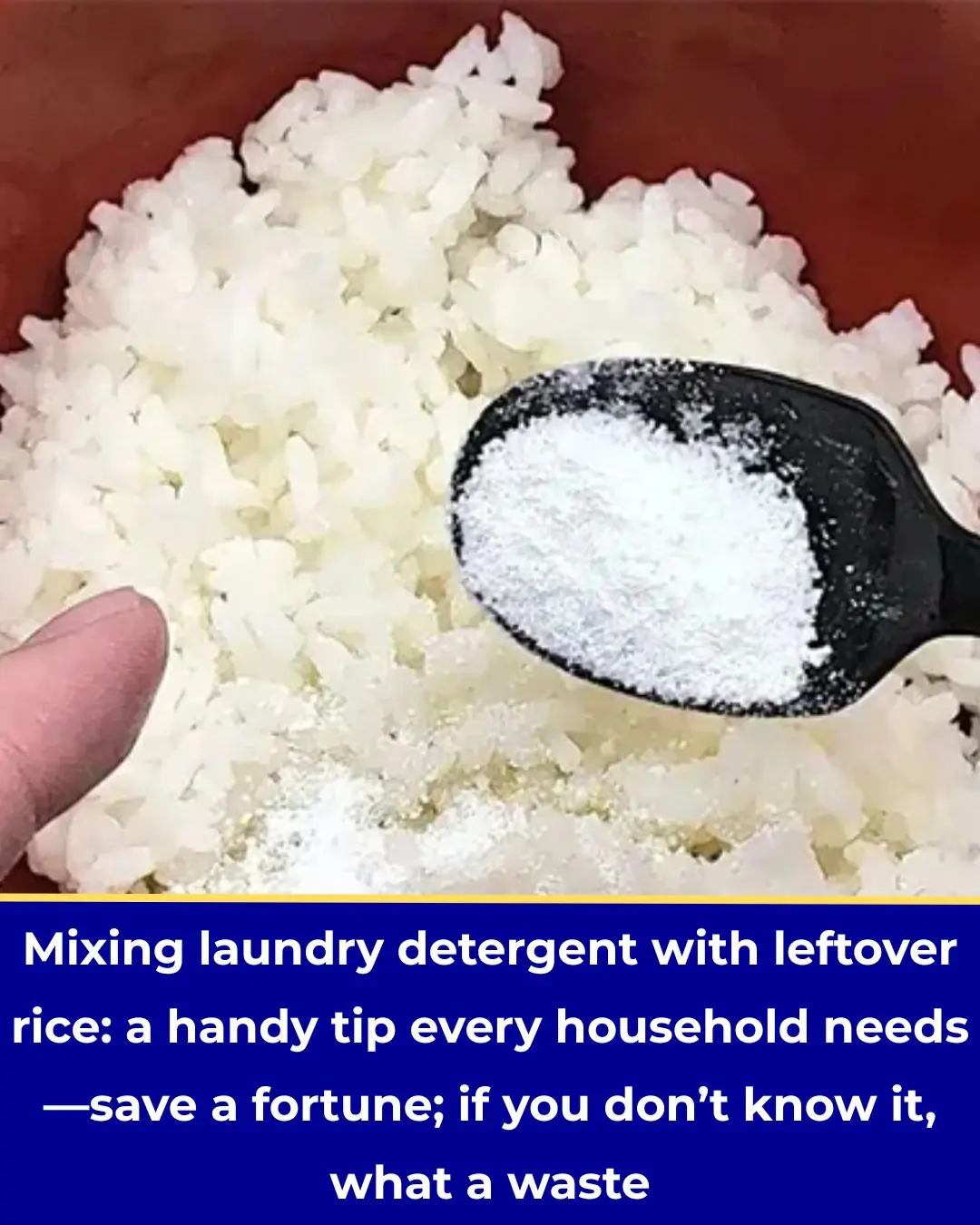
Mixing Leftover Rice with Laundry Detergent: A Surprising Cleaning Hack That Works Wonders
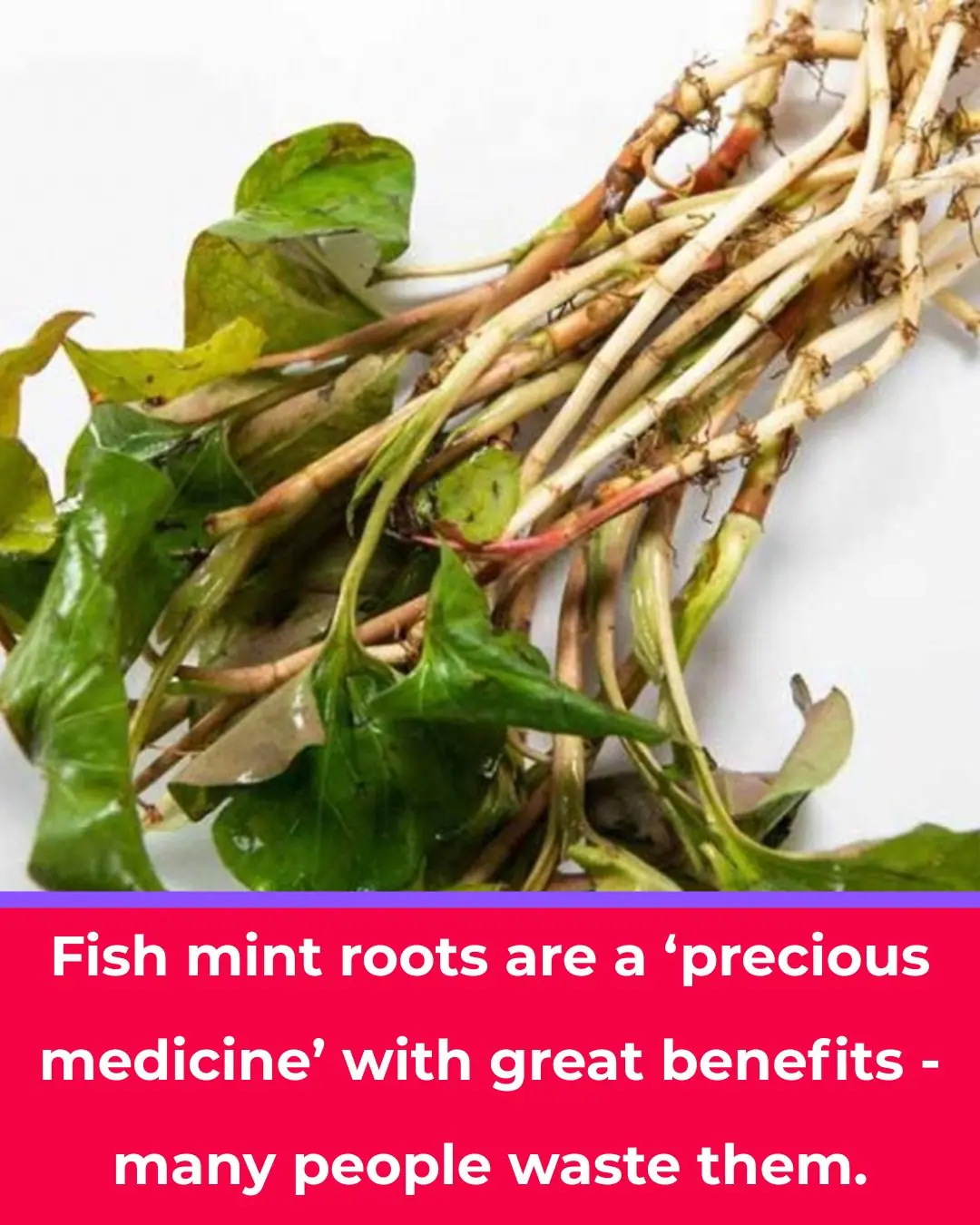
Houttuynia Root: The Overlooked Part with Powerful Health Benefits
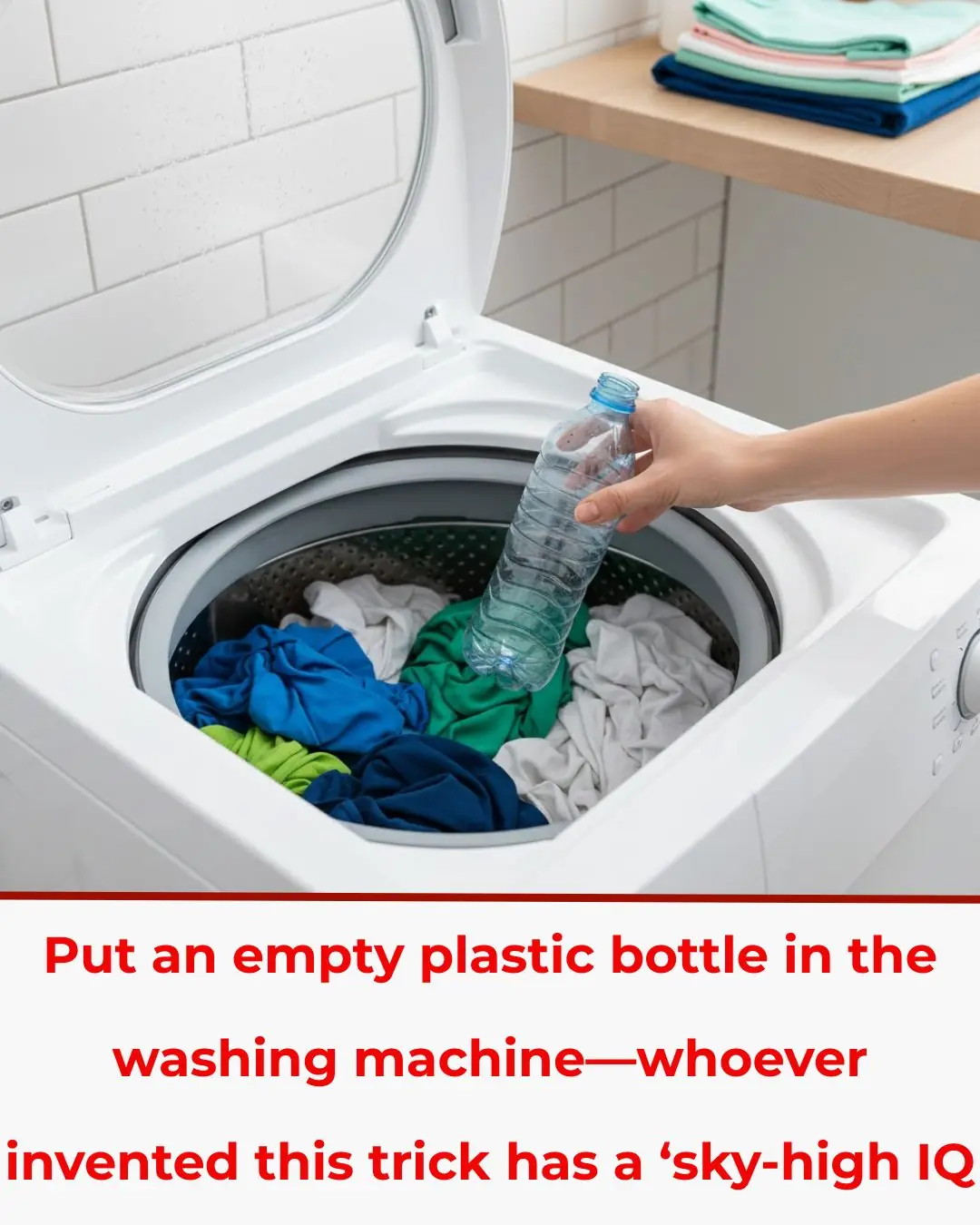
Plastic Bottle Laundry Hack: How a Simple Trick Reduces Detergent Waste and Environmental Impact

Vinegar Is the Key to Streak-Free Windows and Shiny Surfaces — But Most Use It Wrong
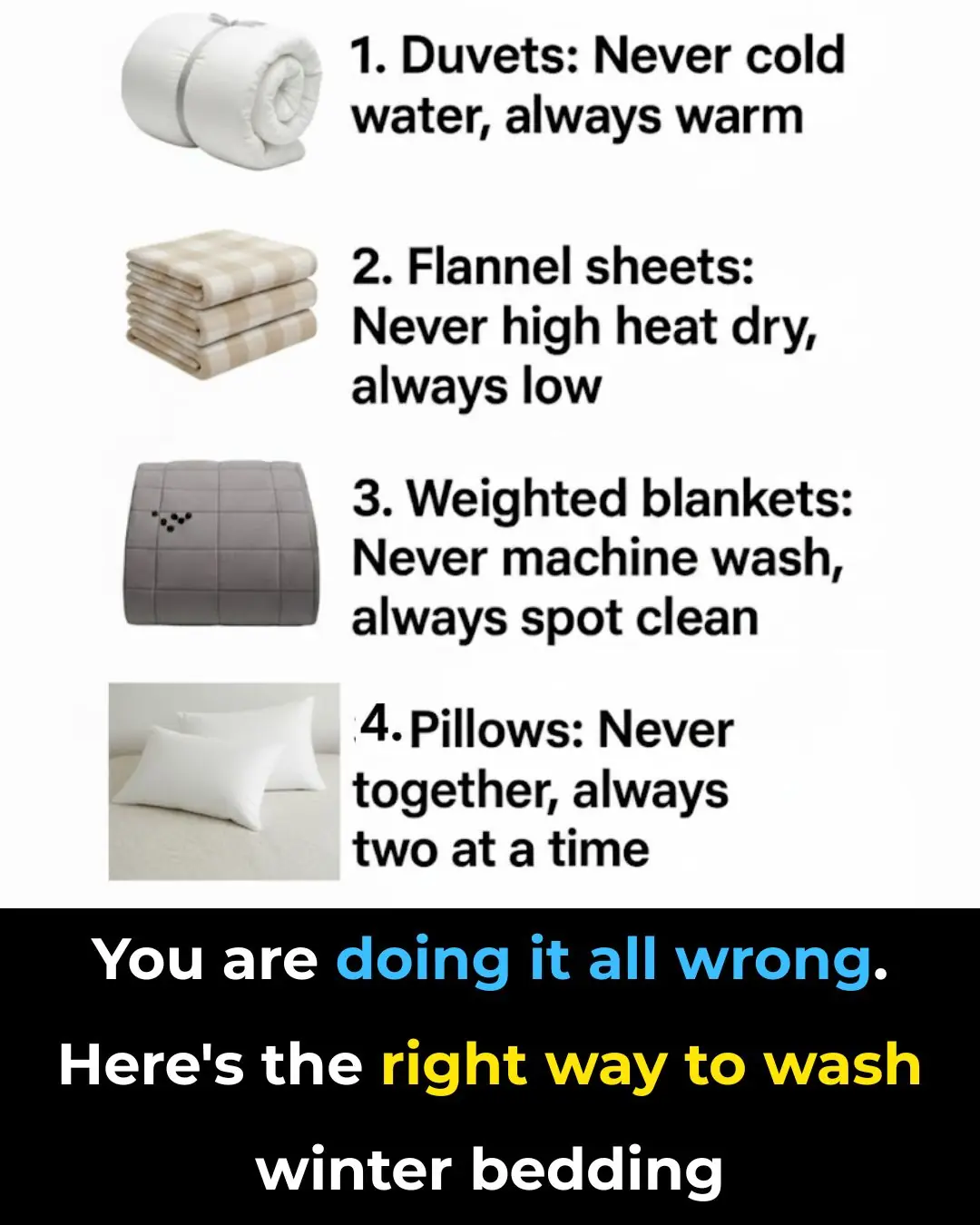
You’re Doing It All Wrong — Here’s the Right Way to Wash Winter Bedding

13 Black-Owned Coffee Shops That Will Help Boost Your Productivity When Working Remotely

Big Sean Releases First Book ‘Go Higher’ to Promote Everyday Mental Wellness

Fuming Frankie Bridge on row with husband Wayne over her appearance

Strictly star James Jordan expresses concerns for Ellie Goldstein amid ‘gruelling and emotionally draining’ series

Kash Patel hits back at attacks on ‘country music sensation’ girlfriend Alexis Wilkins

Diane Lane says ‘The Outsiders’ had ‘too much testosterone’ on movie set: ‘It was hot!’
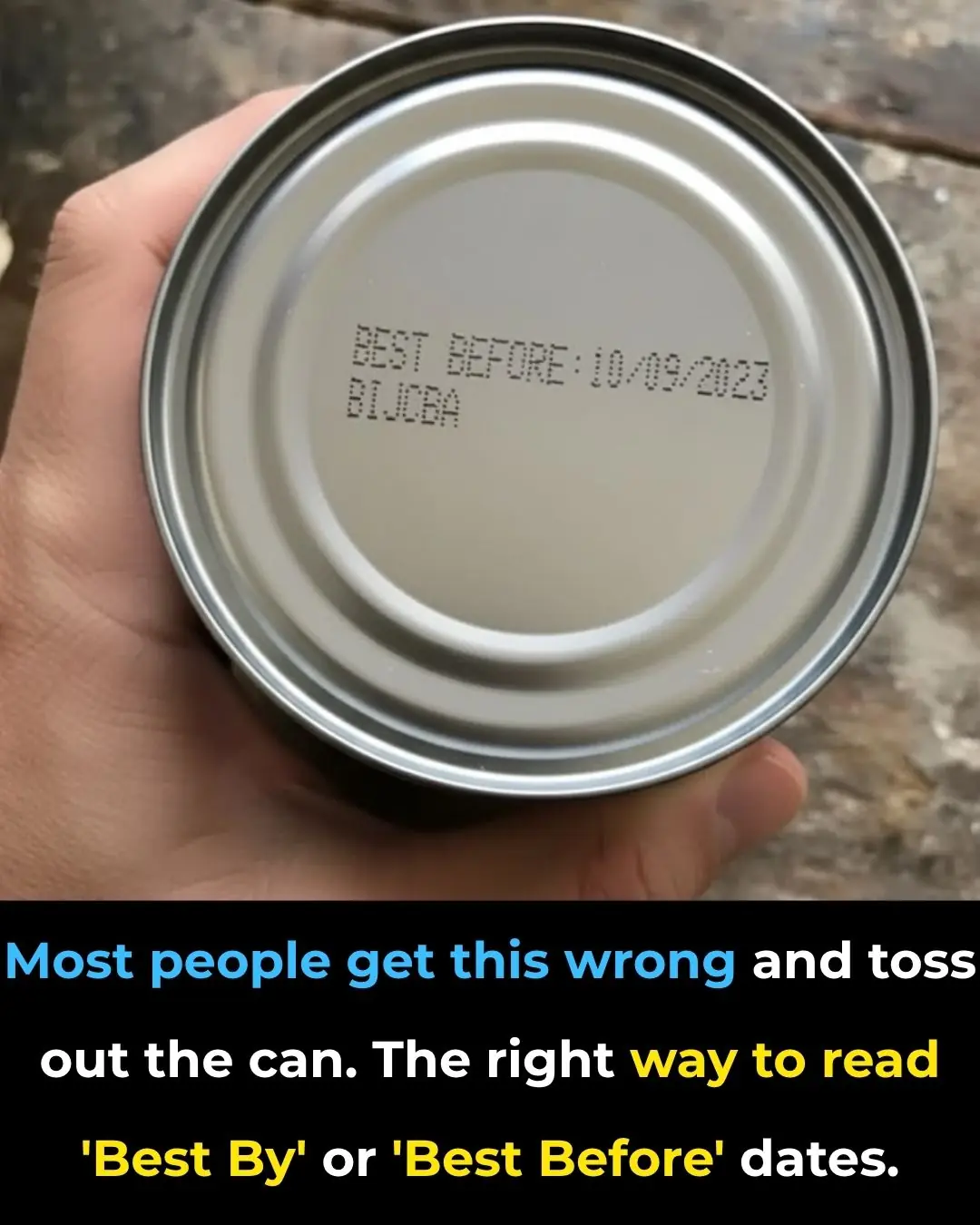
Most People Get This Wrong: The Right Way to Read ‘Best By’ or ‘Best Before’ Dates

Sydney Sweeney confronts ex-fiancé Jonathan Davino in tense, late-night exchange: ‘Leave me alone!’

Ariana Grande opens up on 'toughest struggle' that only Taylor Swift understands

Britney Spears family 'rallying' around her amid 'more worried than ever' concerns

Strictly star Amy Dowden's 'life changed forever' after terrifying realisation in cancer battle

‘You Showing Why Ion FW Yo Kind’: Kendrick Perkins Has Pulled His Support For NBA Star Ja Morant, Fans Wonder Will He Ever Grow Up

Dawn Staley Tells A’ja Wilson Her SC Gamecocks Jersey Will Officially Be Retired in Heartwarming Call
News Post

Shrink Open Pores Naturally with Banana Peel and Simple Home Remedies
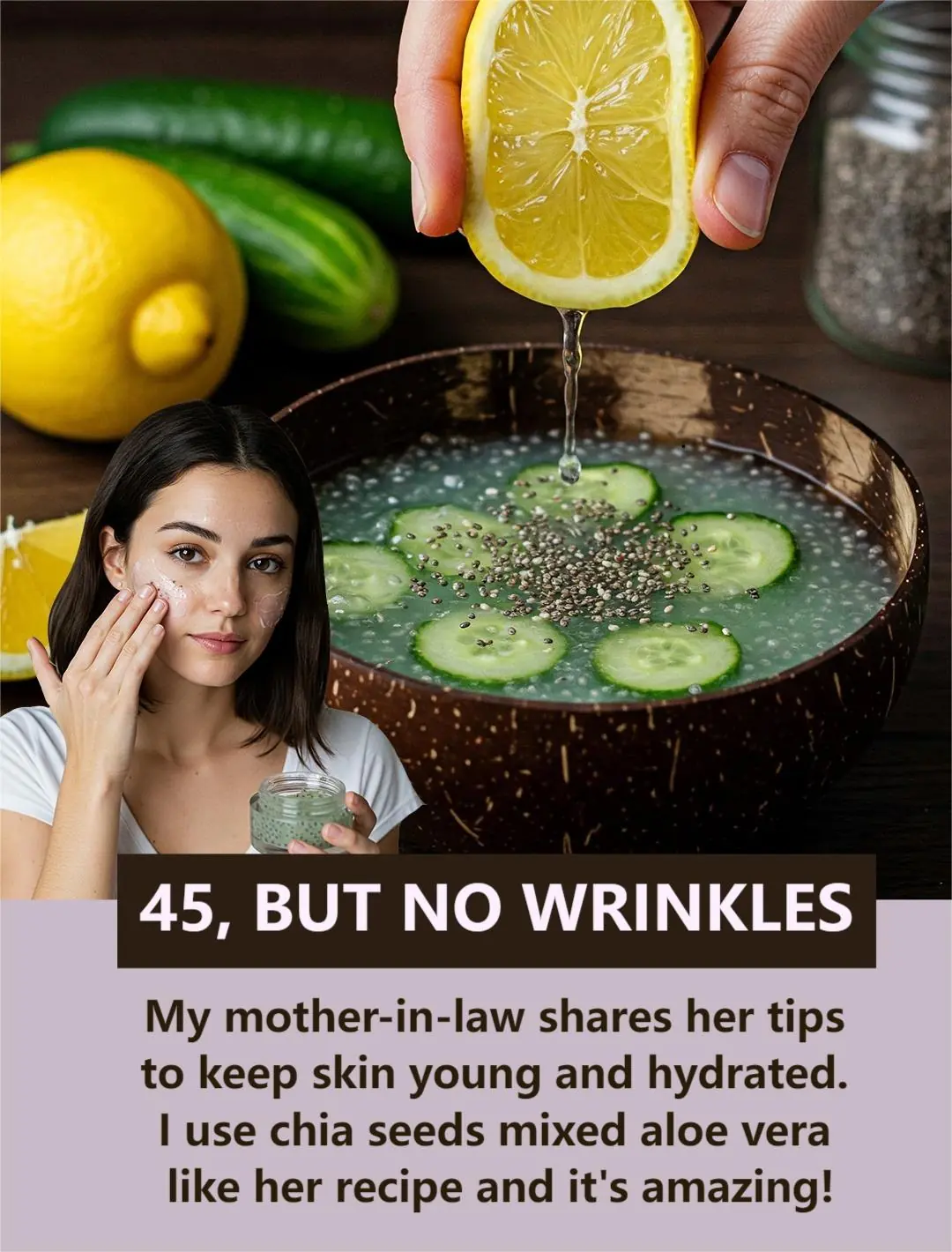
The Chia Seed–Aloe Vera Anti-Wrinkle Mask: A Natural Remedy for Smoother, Younger-Looking Skin
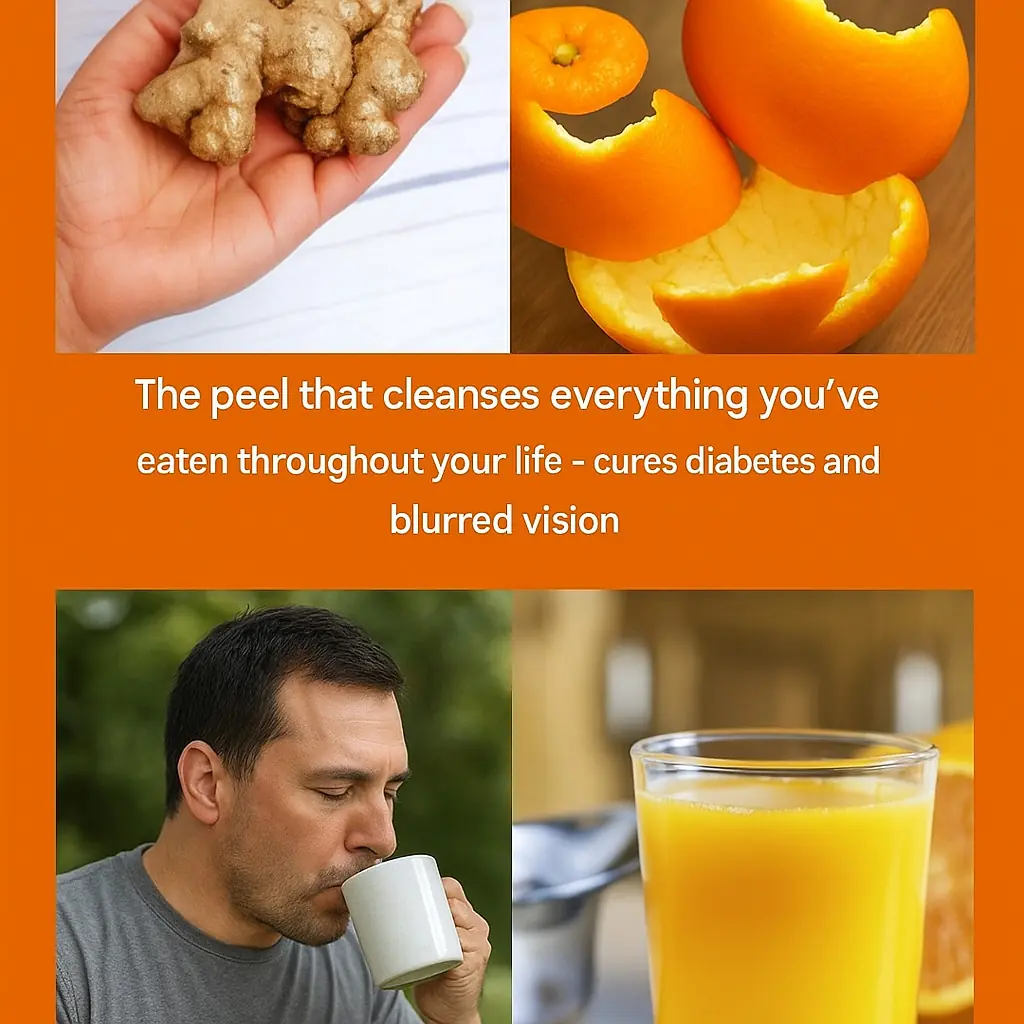
The Orange Peel Elixir That Cleanses Your Whole Body and Fights Diabetes, Cholesterol, and Blurry Vision

Stubborn Grass (Sporobolus indicus): The Resilient Weed with Hidden Healing Powers
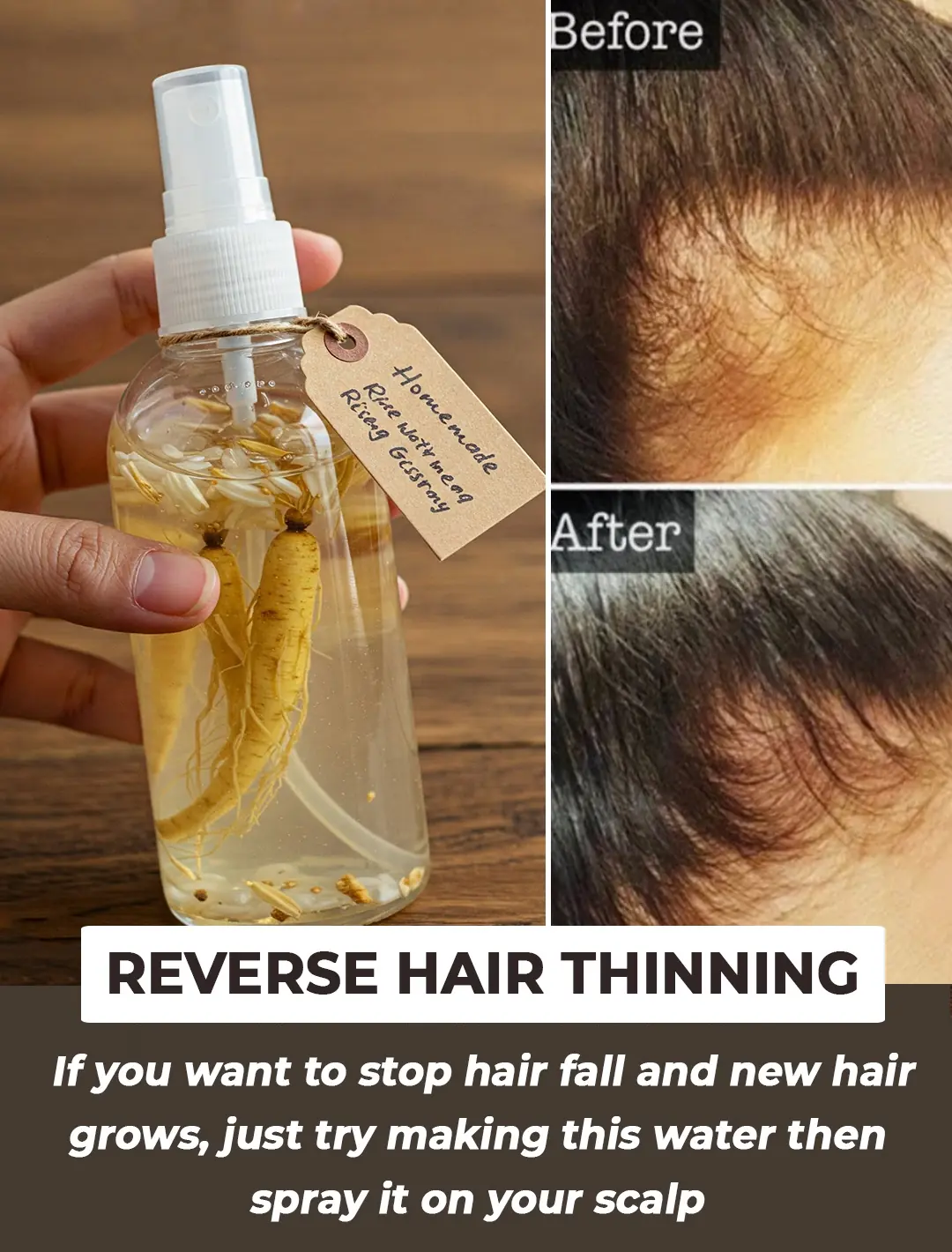
Boost your hair growth with rice water ginseng hair spray

DIY Turmeric Gel For Ageless Skin: Unlock the Secrets of Radiant and Youthful Complexion
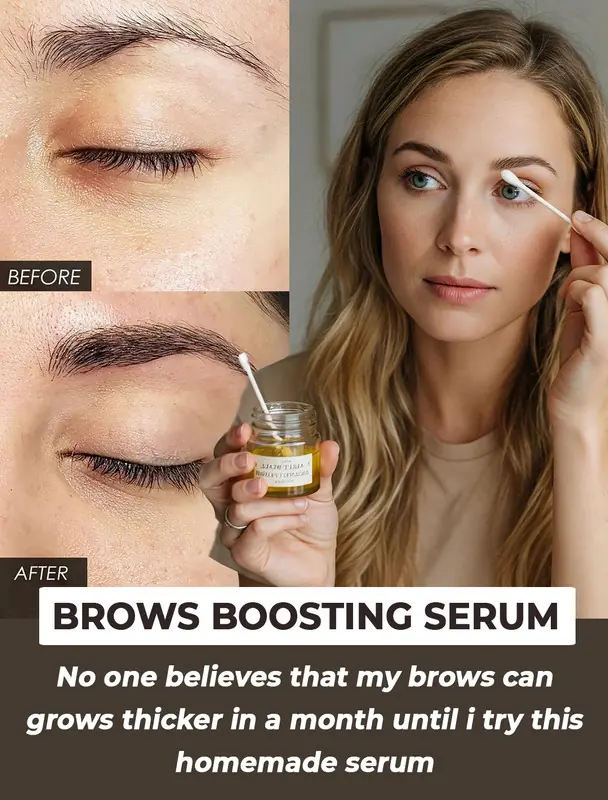
DIY Brow Boosting Serum: Thicken Eyebrows Naturally with Garlic, Castor Oil & Coconut Oil

Collagen Boosting Drink to Reverse Your Age: Get Spotless, Glowing Skin Naturally
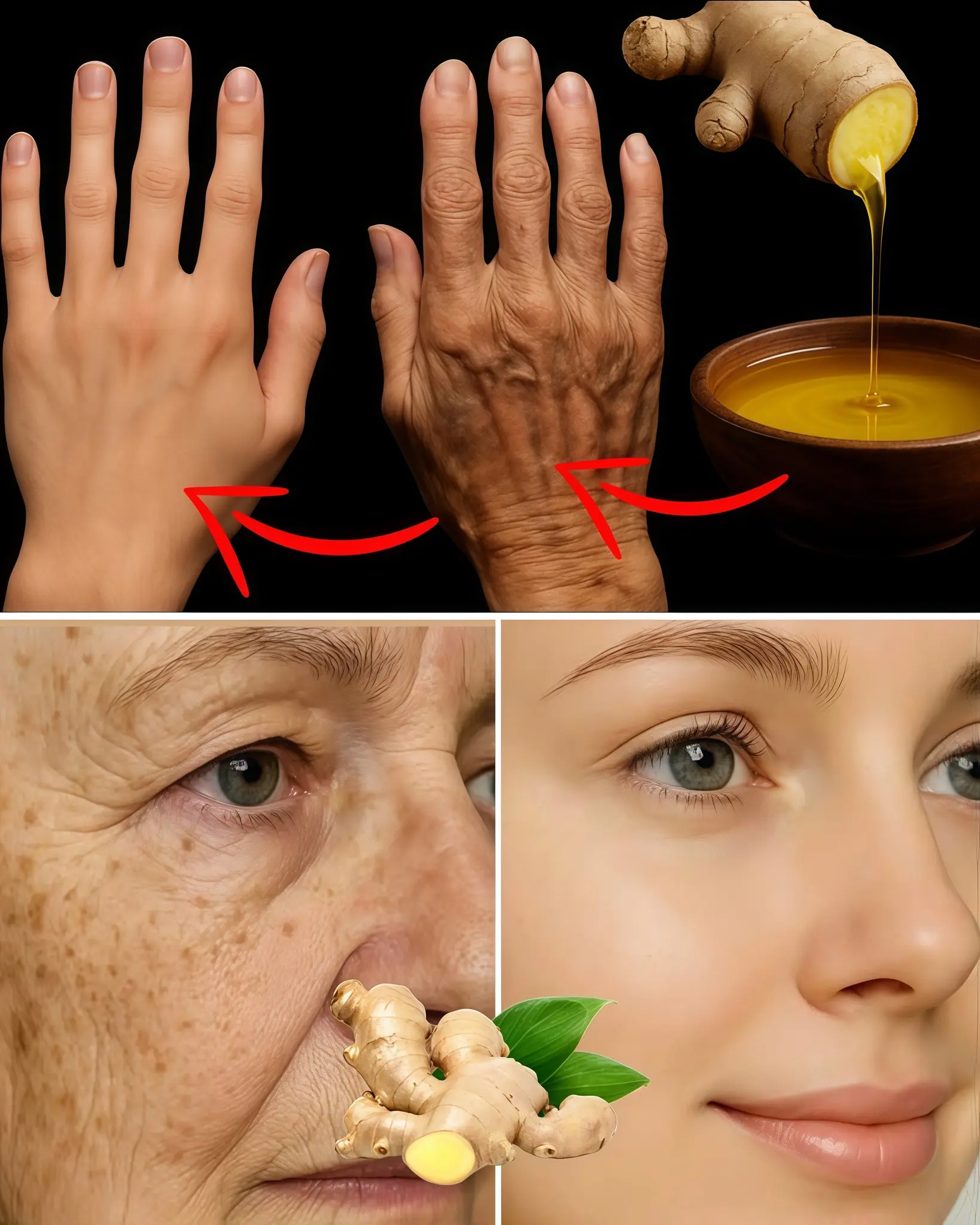
Ginger – 100 Times More Powerful Than Botox: The Natural Secret to Eliminate Wrinkles, Freckles, and Dark Spots
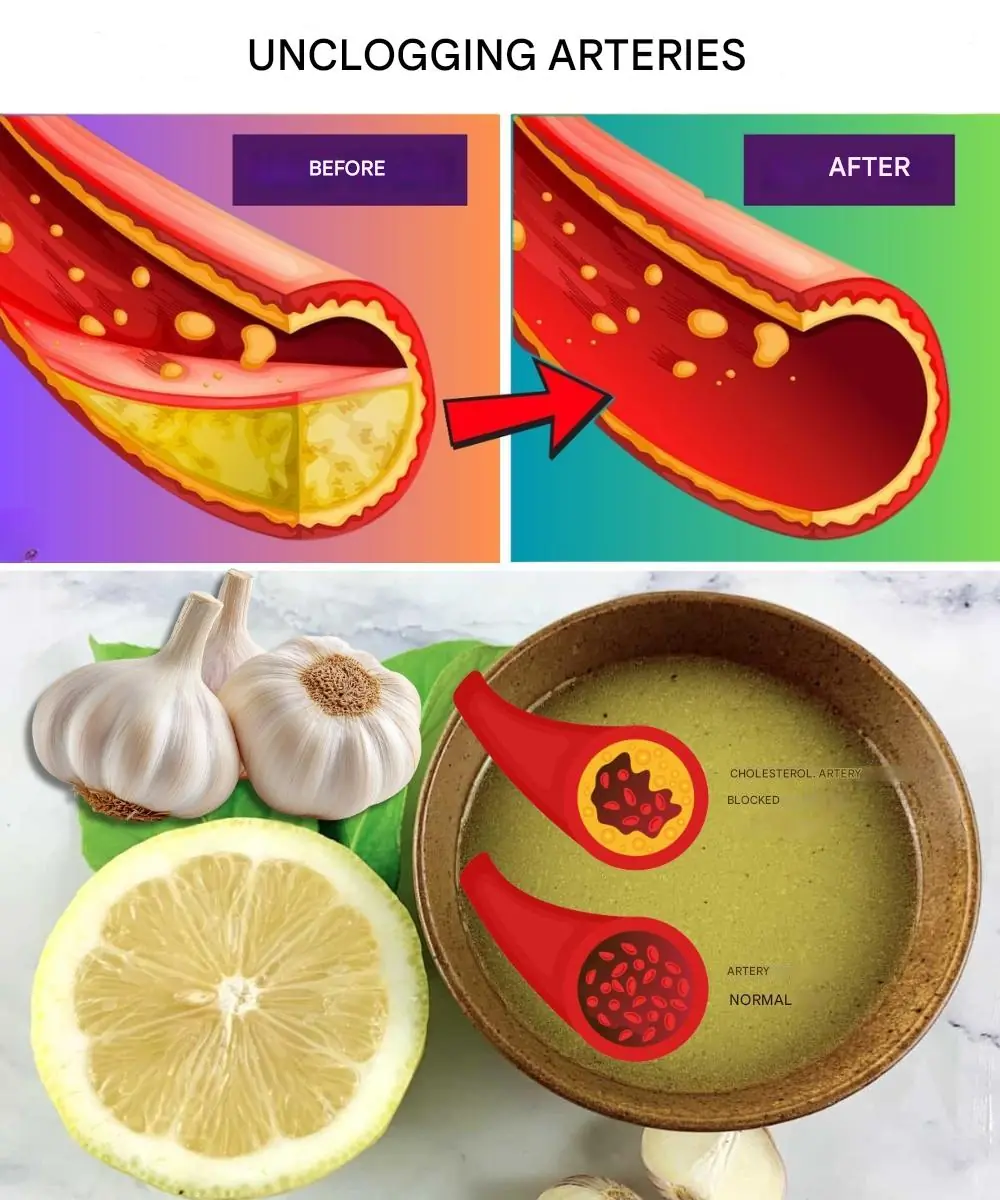
Clean Your Arteries Naturally with This Simple Homemade Juice — A Daily Tonic for Heart Health and Circulation
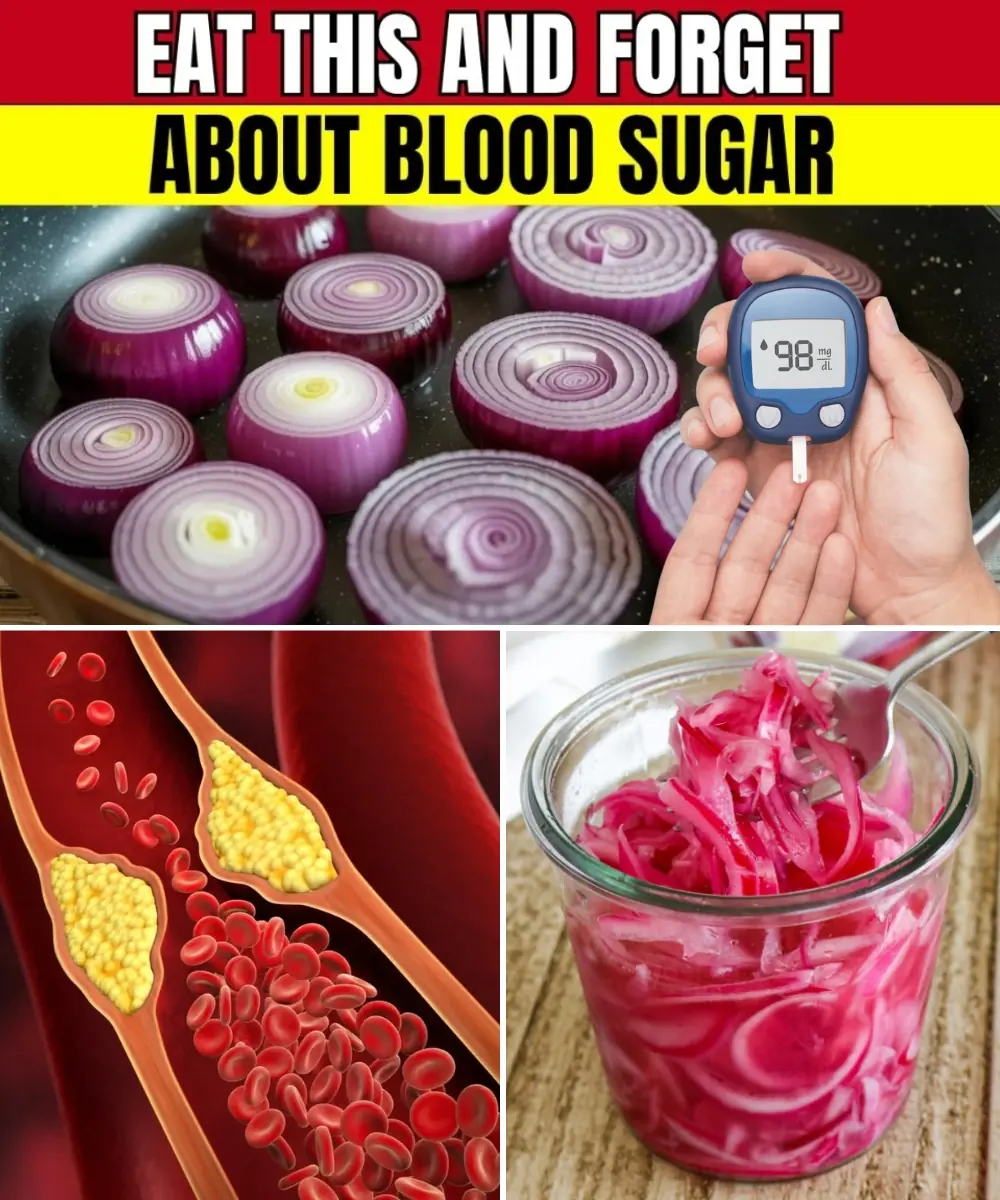
Red Onion Magic: The Little Kitchen Secret That Balances Blood Sugar Naturally

Cabbage Leaf Miracle: How to Relieve Joint Pain Overnight Naturally

End Knee Pain Naturally: The Secret Power of Ginger Doctors Don’t Tell You

Proven Health Benefits of Dates (Dried, Fresh, Medjool) – Science Based

Mouth Cancer: Symptoms, Causes, Stages, and Treatment

How to Cure Sciatic Nerve Pain: A Guide to Natural Remedies

Is It Safe to Stay Inside a Car During a Thunderstorm?

Mixing Leftover Rice with Laundry Detergent: A Surprising Cleaning Hack That Works Wonders

Houttuynia Root: The Overlooked Part with Powerful Health Benefits
